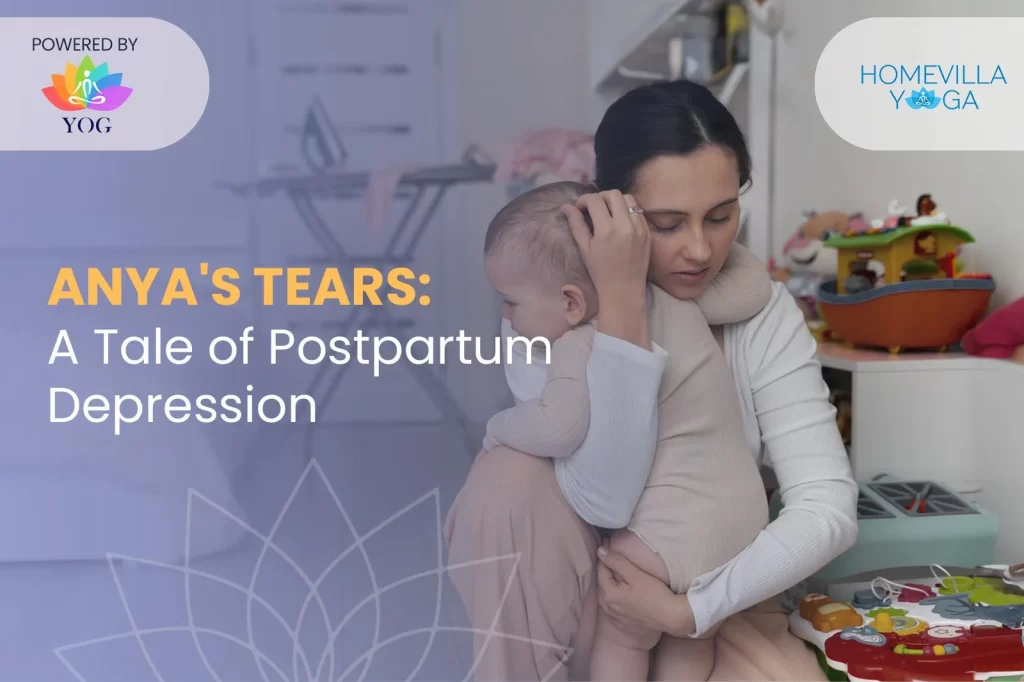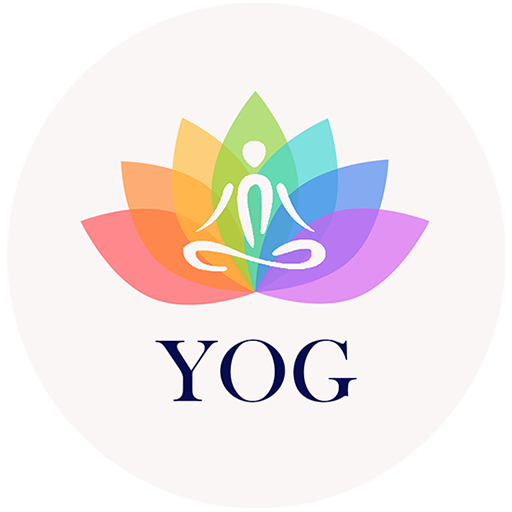Anya had always been the epitome of energy and joy, but after her son’s birth, her world unexpectedly darkened, consumed by emotions she couldn’t explain. The once-joyful new mother found herself engulfed in a wave of sadness, anxiety, and exhaustion. She felt disconnected from her baby, unable to find joy in the moments that were supposed to be filled with pure bliss.
All these feelings were quite frankly overwhelming for Anya. She blamed herself and, at one weak moment, even thought about hurting herself.
Like Anya, around 15% to 20% of women worldwide face Post Partum Depression (PPD) with varied severity to the level of Post Partum Psychosis.
What is postpartum depression?
Postpartum depression (PPD) is a medical condition that many women get after having a baby. It’s strong feelings of sadness, anxiety (worry), and tiredness that last for a long time after giving birth. These feelings can make it hard for the mother to take care of herself and the baby. PPD can happen at any time after childbirth. It often starts within 1 to 3 weeks of having a baby.
Is PPD the same as the baby blues?
No. PPD lasts longer and is more serious than baby blues. Baby blues are feelings of sadness the mother may have after having a baby. Baby blues can happen 2 to 35 days after childbirth and can last up to 2 weeks. Some may have trouble sleeping, be moody or cranky, and cry a lot. If sad feelings last longer than two weeks, it may be PPD.
What are the signs and symptoms of PPD?
The mother may have PPD if she has five or more symptoms that last longer than two weeks.
Changes in feelings:
- Feeling depressed most of the day every day
- Feeling shame, guilt, or like a failure
- Feeling panicked or scared a lot of the time
- Having severe mood swings
Changes in everyday life:
- Having little interest in things one normally likes to do
- Feeling tired all the time, even after getting enough sleep
- Eating a lot more or a lot less than normal
- Gaining or losing weight
- Having trouble sleeping or sleeping too much
- Having difficulty concentrating or making decisions
Changes in thoughts:
- Having trouble bonding with the baby
- Thinking about hurting yourself or the baby
- Thinking about suicide
What to do if you notice these symptoms?
First and foremost, understand that PPD is NOT the patient’s fault. It doesn’t make you a bad person or a bad mother. But you must see a doctor right away. The doctor would ask a series of questions about how you are feeling. The answers can help determine if you have PPD.
The doctor may perform tests to determine if you have other health problems that may lead to PPD. For example, the doctor may check your thyroid hormones. Low levels of thyroid hormones may lead to PPD.
It would help if you got started on treatment after determination, the sooner, the better.
What are the treatments?
- Counselling:
- Cognitive behavioral therapy (also called CBT): CBT would help you manage negative thoughts by changing the way you think and act. Common kinds of CBT include working with a therapist to help set goals and identify negative thoughts and behaviors.
- Interpersonal therapy (also called IPT): IPT helps you identify and deal with conditions and problems in your personal life, like relationships with your partner and family, situations at work or in the neighborhood, having a medical condition, or losing a loved one. Common kinds of IPT include working with a therapist in role-playing, answering open-ended questions (not yes or no questions), and looking closely at how you make decisions and communicate with others.
- Support groups: There are groups of people who meet or go online to share their feelings and experiences about certain topics.
- Medicines: Antidepressants are usually prescribed by doctors to treat many kinds of depression, including PPD. Estrogen hormone plays an important role in a woman’s menstrual cycle and pregnancy. During childbirth, the amount of Estrogen in one’s body drops quickly. To help with PPD, the doctor may suggest wearing an Estrogen patch on your skin.
- Yoga: Yoga offers a holistic approach to well-being, combining physical exercise, mindfulness, and stress management techniques. Several studies have shown that yoga can be beneficial for women with PPD in the following ways:
- Reduces depressive symptoms: Regular yoga practice has been linked to a significant reduction in depressive symptoms, improving mood and overall well-being.
- Manages anxiety: Yoga’s focus on mindfulness and relaxation techniques can help alleviate stress, a common symptom of PPD.
- Enhances sleep quality: Improving sleep quality is crucial for both physical and mental health. Yoga can help regulate sleep patterns and promote restful sleep.
- Boosts energy levels: Yoga can increase energy levels and combat fatigue, which are common challenges for new mothers.
- Improves body image: Yoga can help new mothers regain their strength and confidence, boosting their self-esteem and body image.
While risk factors for PPD are still being studied, certain elements like sleep deprivation, a lack of support, poverty, and the stigma associated with mental illness can worsen the condition.
Hence, to help the treatment work better, you must remember to,
Stay healthy and fit. Do something active every day. Go for daily walks, practice gentle postnatal yoga, or do simple stretches. Eat healthy foods.
Get as much rest as you can. Try to sleep when the baby sleeps.
Reduce stress. Do the things you liked to do before you had the baby. Schedule a few minutes of quiet time, meditate, or connect with a friend.
Ask for and accept help. Tell your partner, family, and friends how you are feeling.
& Remember, you’re not alone. Seeking help and support is an important step in your journey to recovery. If you or someone you know is struggling with postpartum depression, talk to a doctor or explore online support groups. Don’t suffer in silence—there’s always help available.
Resources
- Postpartum Support International
- National Institute of Mental Health
- Books: ‘The Postpartum Depression Workbook’ by Abigail Burd, ‘Down Came the Rain’ by Brooke Shields”


